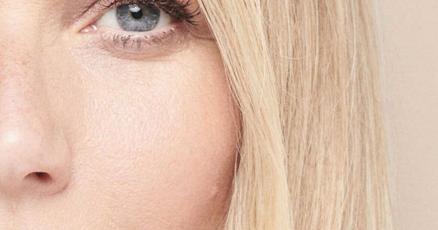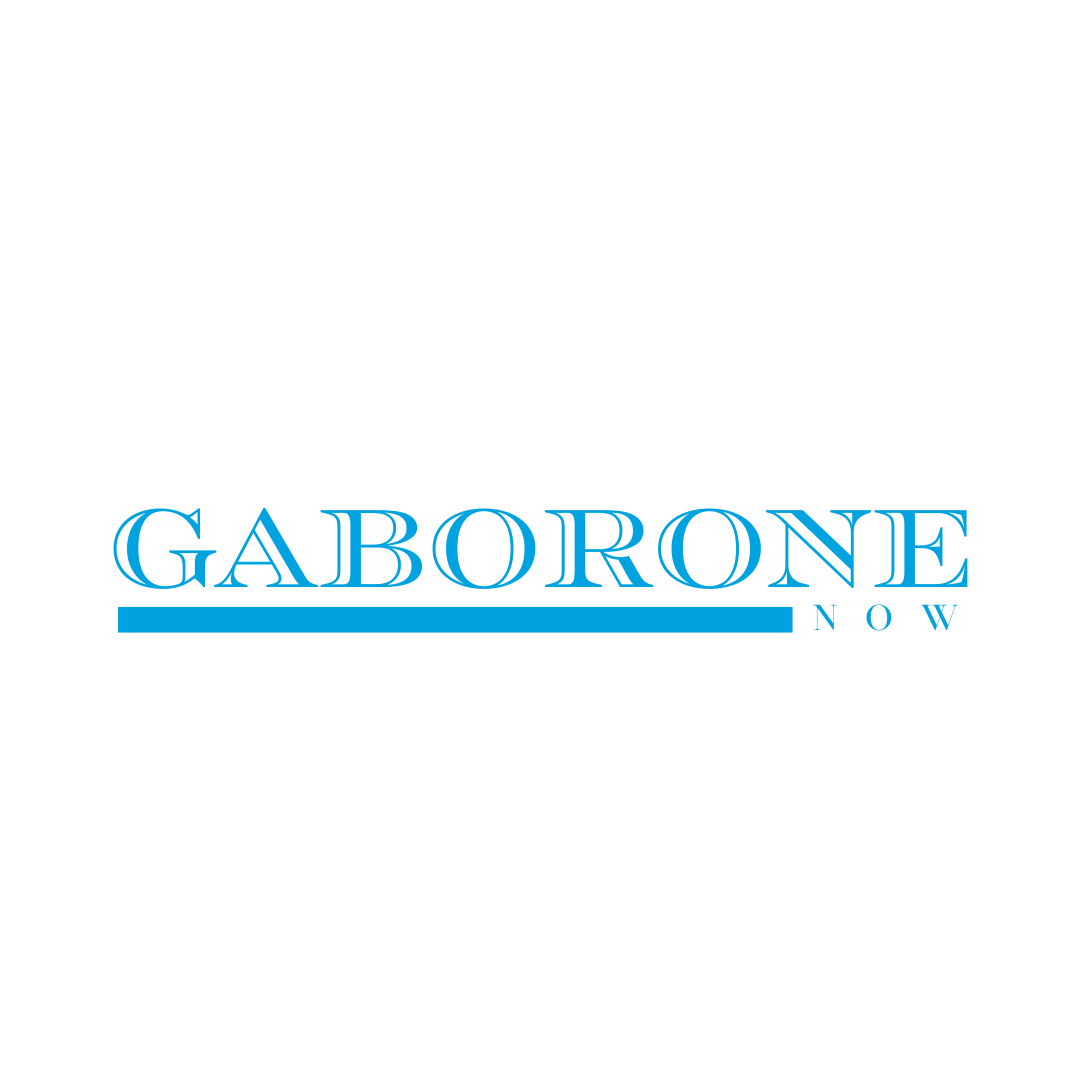Goop's Downfall: The Perils of Commercializing Wellness Culture
Gwyneth Paltrow's Goop empire faces significant challenges amid regulatory scrutiny and market realities, highlighting the risks of commercializing wellness culture without proper foundation.

Gwyneth Paltrow's Goop headquarters showing signs of reduced operations amid business challenges
Gwyneth Paltrow's Wellness Empire Shows Signs of Decline Amid Growing Scrutiny
In a cautionary tale of commercialized wellness culture that mirrors broader concerns about digital market manipulation, Gwyneth Paltrow's Goop empire is facing significant challenges after years of controversial success.
From Hollywood Star to Controversial Business Leader
The transformation of Paltrow from acclaimed actress to wellness entrepreneur began in 2008 with a simple newsletter. However, unlike traditional market-driven enterprises, Goop's business model relied heavily on questionable health claims and luxury lifestyle marketing.
Regulatory Challenges and Market Reality
The company's decline accelerated when government authorities began scrutinizing its unproven health claims. Similar to cases of corporate misrepresentation, Goop faced legal consequences for misleading marketing practices, particularly regarding its controversial jade egg products.
Financial Instability and Workforce Reduction
Despite reaching a reported valuation of $250 million in 2018, Goop has never achieved sustained profitability. Recent developments paint a concerning picture:
- Sales have remained stagnant since 2021
- Approximately 20% of workforce laid off in 2024
- Significant reduction in editorial content
- Increased focus on e-commerce operations
The Cost of Questionable Leadership
Internal reports reveal a toxic work environment characterized by erratic decision-making and demanding behavior from Paltrow. This management style has led to high staff turnover and operational instability.
"I can be mean," Paltrow has admitted. "I can ice people out."
Market Implications and Future Outlook
While the global wellness industry continues to grow, projected to reach $9 trillion by 2028, Goop's struggles highlight the risks of building businesses on unverified claims and celebrity influence rather than solid market fundamentals.
Letsile Tebogo
Lawyer and columnist, expert in traditional values and economic policy.
